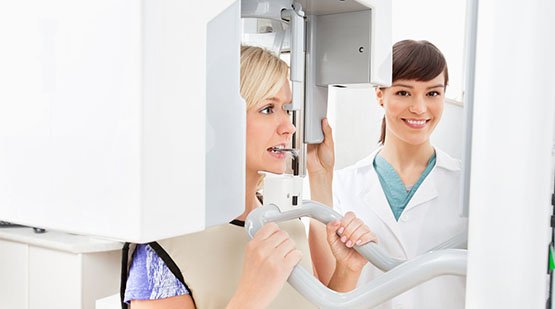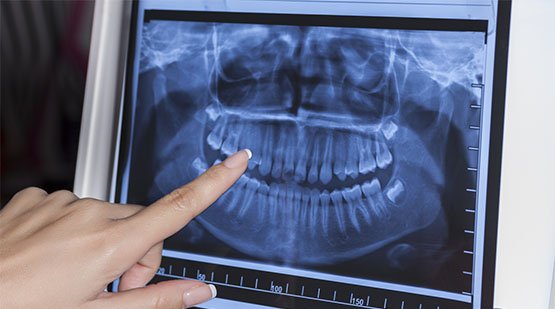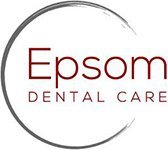Dental X-rays

Dental X-rays Belmont WA
Bringing the insides out!
Dental X-rays is also known as radiographs, that can take images of your teeth that your dentist can use to assess your dental and overall oral problem.
This digital equipment helps your dentist identify and measure tooth decay, bone deformities, root pathologies, periodontal disease, teeth eruption, and many other issues.
Dental X-rays may seem complicated, but they’re a standard treatment that is just as significant as teeth cleaning.
Importance of Dental X-rays
Dental X-rays are usually done annually. They may be done more often if your dentist is keeping track of the development of an existing dental problem or procedure.
Here are 10 important benefits of dental X-rays:
- 70% less radiation than traditional film X-rays
- Take less time and easier to take than traditional film X-rays
- Use streamlined designs taking the pain out of taking dental X-rays
- Have better quality viewing capability
- Have an immediate result
- Prevent issues from undetected
- Lessen your time in the chair
- Easily stored on the computer
- Less expensive and more environmentally friendly
The circumstances that affect how often you undergo dental X-rays may include:
- Patient’s age
- Patients current oral health
- Any signs of an oral disease
- A history of periodontal disease or cavities
Children may need dental X-rays more frequently than adults since their dentists might require keeping track of their permanent teeth.
Types of Dental X-rays
There are two types of dental X-rays:
- Intraoral X-rays – Associated with the digital imaging of the teeth, your bite, and gums.
- Extraoral X-rays – Use when your dentist thinks there might be problems in areas outside of the teeth and gums, as the jaw.
Intraoral X-rays has types too; this may include the following:
- Bite-wing X-rays – involve biting down on a piece of paper so that your dentist can see how well the crowns of your teeth fit each other. Bite-wing X-rays this is often done to check for cavities between teeth.
- Periapical X-rays – concentrate on two complete teeth, from the root to crown.
- Occlusal X-rays – are performed with your jaw closed to see how your upper and bottom teeth align. They can also detect irregularities in the floor of your mouth or your palate. This technique captures images of all your teeth in just one shot.

Preparation for Dental X-rays
Dental X-rays require no specific preparations. You only need to brush your teeth before your X-ray appointment.
That creates a cleaner environment for those working inside your mouth. X-rays are usually performed before cleanings.
The X-ray machine is placed alongside your head to take and record images of your teeth and the entire mouth.
We will guide you through each step of the procedure. Hold still while the pictures are being taken and recorded. Spacers will be shifted and adjusted in your mouth to capture the proper images.
Dental X-rays in Belmont WA
Depending on your age, health, and insurance coverage, dental X-rays may be performed every one to two years.
If you experience any pain or other changes in your mouth, see your Belmont WA dentist immediately.
Consult with your Belmont WA dentist today!
If you have any questions about our services, we are happy to answer any questions and also schedule you an appointment. Please contact us today at (08) 9478 2349.
We are located at 5/132 Epsom Ave in Belmont WA
Frequently Asked Questions
Why are there different types of X-rays?
Why do I need dental X-rays?
Another benefit of dental radiography is that storage space is extensive as you can transfer digital images to a hard drive for convenient access in the future.

